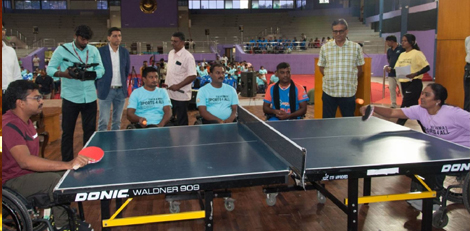Dealing with stress caused by social media
Posted on: 29/Mar/2016 10:12:45 AM

Experts have said that social stress is a leading cause for anxious personality disorder, extreme depression and inferiority complex. They have found that many people now feel jealous when they see peers post pictures of their events or feel depressed when they have nothing to post.
Studies have shown that people who are busy updating their status on social media are actually very lonely. Says a senior consultant psychiatrist, In social media groups it has been found that there are many people who are suffering silently as they have very little to put across as extremely good. The average person in the group has very little to boast about but these continuous posts can trigger a wave of social stress in them. They feel vulnerable as the feeling dawns that all people are doing well whereas I am left out. These triggers lead to severe mood swings, anxiety and depression. Studies have found that those who checked social media frequently during the week had 2.7 times likelihood of depression than those who checked less frequently; 45 per cent of adults indicated that they feel worried or unconformable when they can`t access their email or social network sites. Most addicts are found to have a different personality on social media than in real life. Many of them who are overtly active on social media come across as flamboyant, dashing and fearless. But in real life they suffer from poor social skills and some of them are also found to suffer from poorer physical health. It is when there is an urgent need to convince someone that the problems begin and that`s where the addiction shows the weaker side of the individual. Present cases coming to the clinics are extreme ones wherein the addiction began as a pastime and was uncontrollable. There is a strong need to spread awareness about its harmful effects and also measures which must be exercised to help sufferers.
The key indications of an addiction are an imbalance between virtual and real-time relationships leading to issues, social media related conflicts are leading to negative relationship outcomes, young adults engaging in short-term romantic relationships, compulsive users reporting greater conflict with their partners, feeling of exclusion and concealment in addition to lower commitment, feelings of intimacy and less disclosure and users exhibiting narcissistic tendencies.
How do you deal with this? It is very important to strike a balance by encouraging positive use while redirecting oneself from problematic use. Those who undergo social stress must step out and check and re-check a real vs virtual situation. Parents have to talk to their children about healthy social media habits and balancing their time between social media and real life issues.







